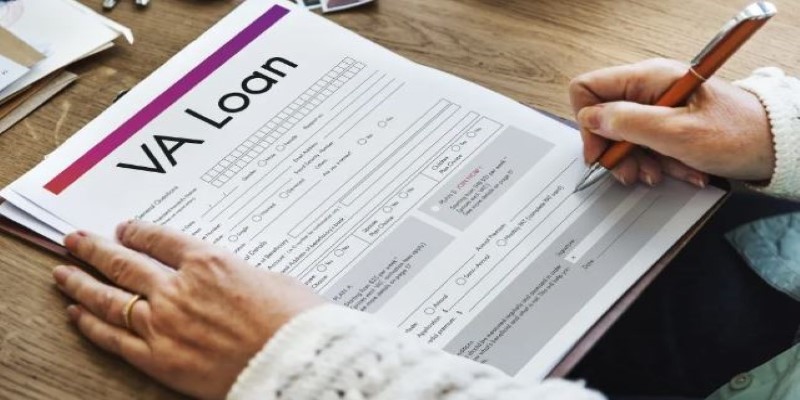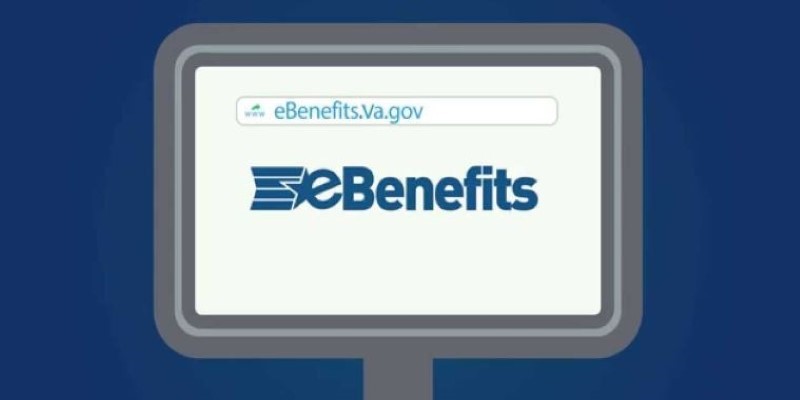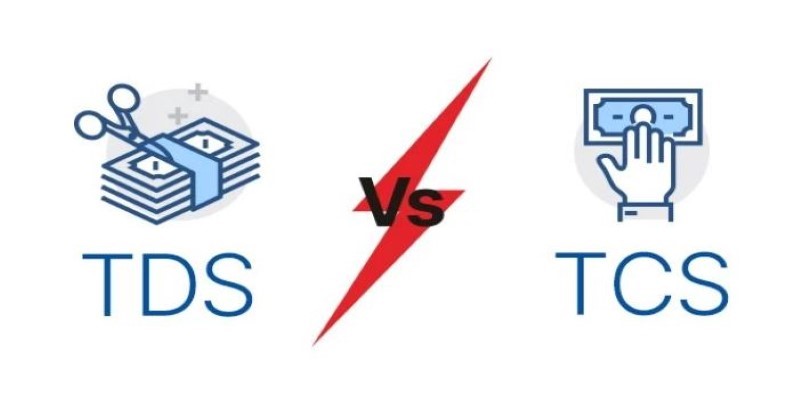Advertisement
For veterans and active service members, the VA home loan benefit can make buying a home more affordable. One of the first steps in using this benefit is getting a VA Certificate of Eligibility (COE). It’s not something most people are familiar with unless they’ve served, but it’s central to how the VA loan process works. The COE proves to lenders that you’re eligible for a VA-backed loan. Without it, lenders can’t approve your application under the VA loan program. So, understanding what the COE is, how it’s used, and how to get one can save time and confusion.
A VA Certificate of Eligibility (COE) is an official document from the Department of Veterans Affairs that confirms a service member or veteran qualifies for a VA home loan. Think of it as your access pass—it doesn’t guarantee you’ll get the loan, but without it, lenders can’t move forward under the VA program. The COE lets the lender know you’ve met the military service requirements and shows how much of your VA loan entitlement is available. That entitlement is the portion the VA promises to back if the borrower defaults, which makes lenders more comfortable approving the loan.

Depending on whether you’ve used a VA loan before, your entitlement could be full, partial, or whatever’s left from a previous purchase. That number helps set the stage for how much you can borrow without needing a down payment.
The COE also notes whether you’re exempt from the VA funding fee, which is a one-time charge most borrowers pay. Veterans receiving VA disability compensation often don’t have to pay it, and this fee exemption will show up right on the certificate—saving you money upfront.
Eligibility for a VA Certificate of Eligibility depends on the nature and length of your military service. Veterans, active-duty service members, National Guard members, and Reservists may qualify, as well as some surviving spouses.
Generally, you may qualify if:
It’s important to understand that the VA determines eligibility, not the lender. Lenders often help collect and submit the documents, but the final call comes from the VA. This process checks for dishonorable discharge or other disqualifying conditions.
If you're unsure whether you qualify, you can still apply. The VA will review your service history and let you know if you’re eligible or if additional information is needed.
There are three main ways to get a VA Certificate of Eligibility: through a lender, online through the VA's eBenefits portal, or by mail.
The easiest and fastest way for most people is through a VA-approved lender. Most lenders can access the VA's Web LGY system, which allows them to pull the COE on your behalf in minutes. You'll need to provide some basic information, such as your Social Security number and details of your service.

Veterans and service members can also request the certificate themselves through the VA’s eBenefits website. To do this, you’ll need to log in with your DS Logon credentials. Once inside, you can navigate to the home loan benefits section and submit your request. If your information is complete and matches what the VA has on file, the COE can be generated instantly.
If you prefer paper or need to submit additional documents (such as discharge papers), you can mail VA Form 26-1880 to the VA’s eligibility center. This method takes longer—often several weeks—but it’s sometimes necessary for older records or less common service situations.
When applying, you may need to provide documents such as your DD Form 214 (for veterans), a statement of service (for active-duty personnel), or points statements (for Reservists or National Guard members). Surviving spouses may need to submit additional forms, such as the veteran’s death certificate and marriage license, depending on the circumstances.
Once you’ve received your VA Certificate of Eligibility, you’re ready to begin the home loan process with a VA-approved lender. The COE itself doesn’t have an expiration date, although your lender may request a current version to confirm there are no changes in entitlement or exemption status.
The lender uses the COE to confirm your entitlement and to determine your maximum loan amount. For first-time VA borrowers with full entitlement, there is no official loan limit. You can borrow as much as the lender is willing to approve, assuming you meet credit and income requirements. However, you'll still need to qualify for the loan based on your financial profile, including your debt-to-income ratio, employment history, and credit score.
If you’ve used a portion of your entitlement before, such as for a previous VA loan, the COE will reflect that. In many cases, you can still use your remaining entitlement or restore it after selling the home and repaying the loan in full.
Suppose you're refinancing an existing VA loan through an Interest Rate Reduction Refinance Loan (IRRRL). In that case, a COE is still required, but the process is often streamlined and may not require updated documentation.
The VA Certificate of Eligibility is the starting point for anyone planning to use a VA loan. It’s a simple document, but without it, lenders can’t move forward with the loan process under the VA program. Whether you're just starting to think about buying a home or you’re ready to apply, getting your COE early can help you avoid delays. It’s available through several channels and usually doesn’t take long to get. Understanding how it works—and making sure you have it ready—can save you time and help smooth the path to homeownership using your well-earned benefits.
Advertisement

Discover the best sugar stocks in India 2023 with detailed insights into top-performing companies. Explore how the sugar industry in India offers investors unique opportunities

Experience the best road trips in Portugal across beaches, cliffs, and valleys—ideal for a calm and scenic getaway.

Explore the windfall tax effect on crude oil prices, its influence on production, supply, and market reactions, and how energy market policy decisions impact long-term trends

How breed influences pet insurance costs and why some pets are more expensive to cover. Understand breed-specific health risks and make informed choices for your pet’s care

Use this helpful guide to explore Louisville, Kentucky using public transport and walking.

Navigate all NYC airports with ease using this traveler’s airport guide for smooth connections.

Looking into choosing an online bank? Discover the 7 most important features to check before opening a digital account—from fees to security, app experience, and support

How your state affects pet insurance costs, from veterinary fees and local laws to regional risks. Learn what drives premiums and how to choose the right plan

Looking to boost your mortgage preapproval amount? Learn practical, lender-friendly ways to increase your buying power by improving income, lowering debt, and choosing the right loan options

Explore the benefits of pet insurance that doesn’t increase with age. Learn how steady premiums can help you plan your pet’s care without worrying about rising costs

Understand the difference between TDS and TCS, how each works, who is responsible, and why it matters. A clear and simple explanation for individuals and businesses

What a non-conforming loan is, how it works, and when it makes sense to use one. Understand key differences from traditional loans and explore options like a jumbo loan